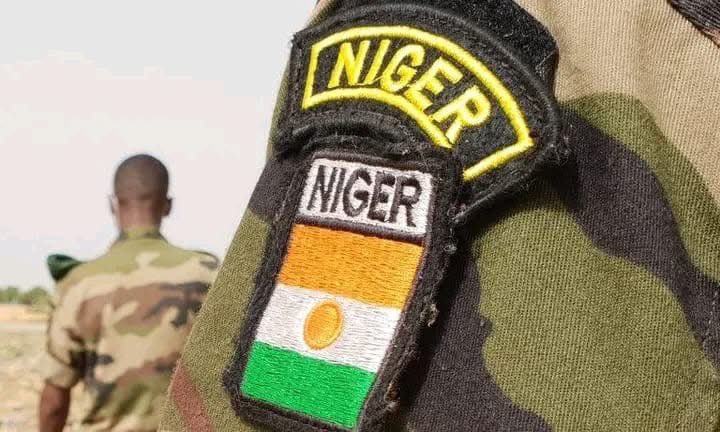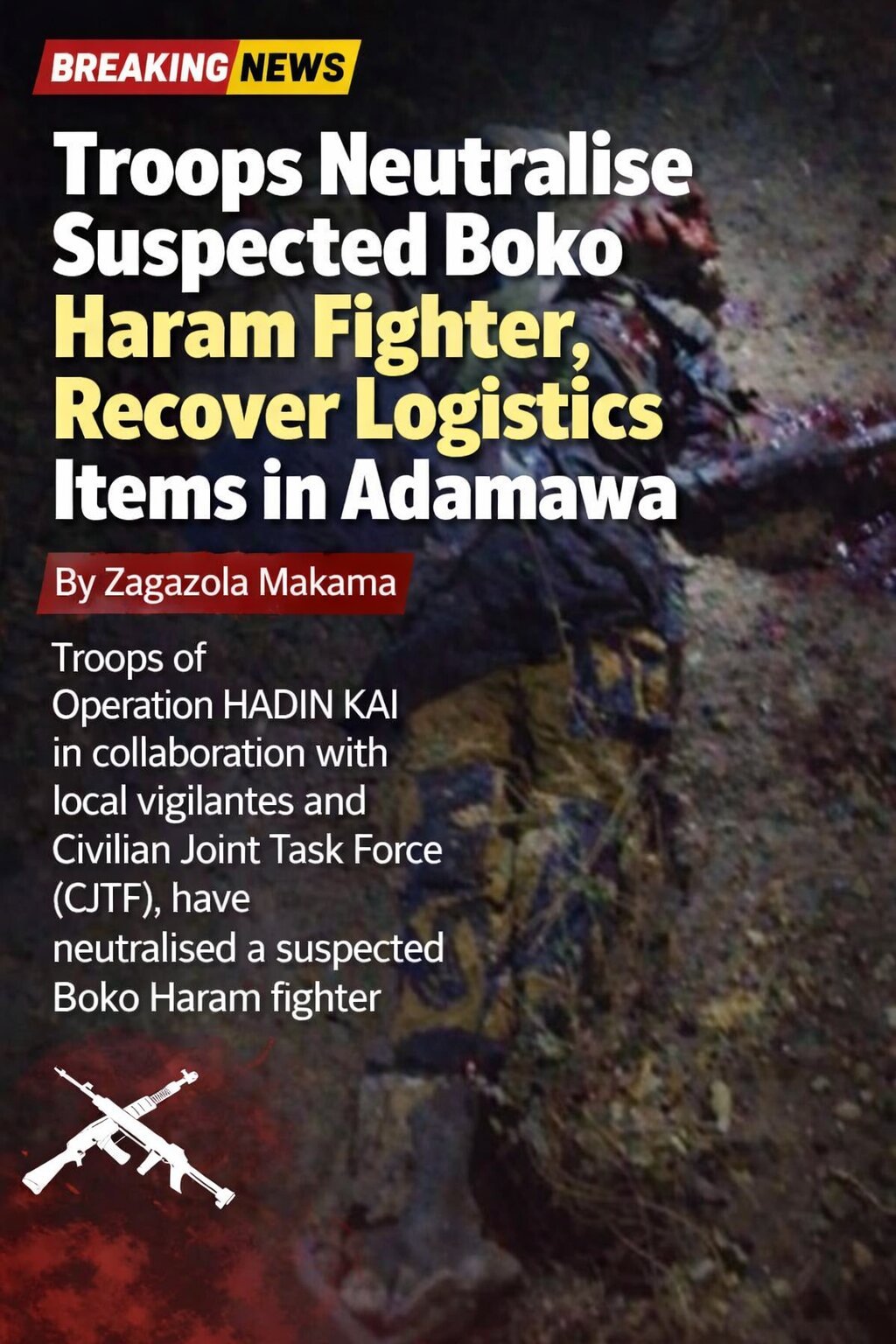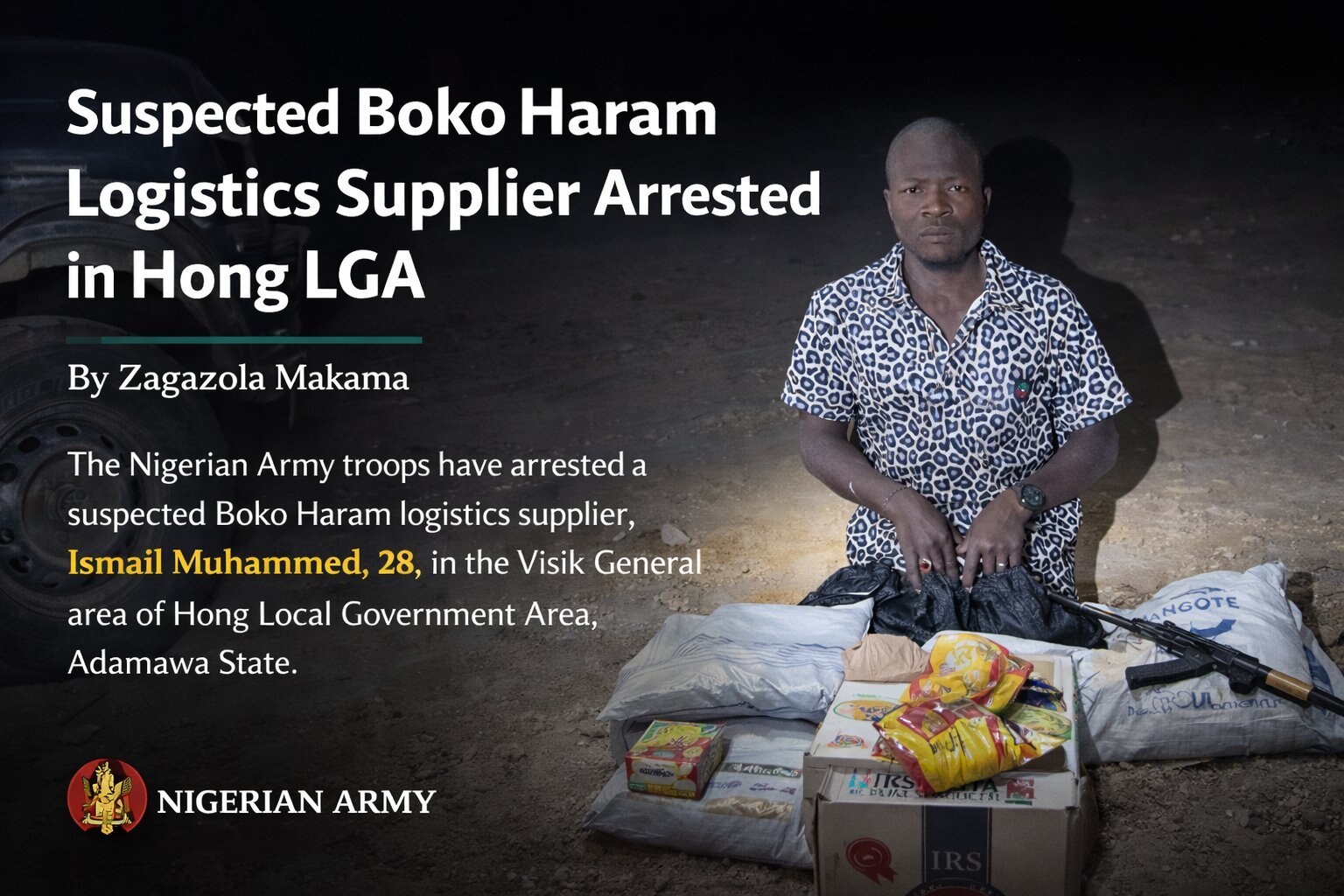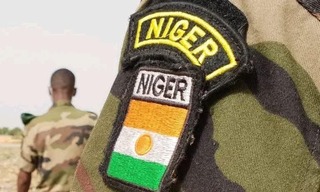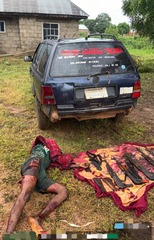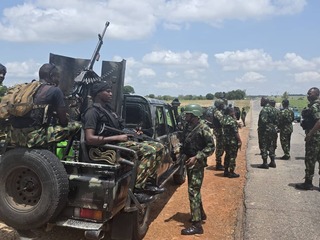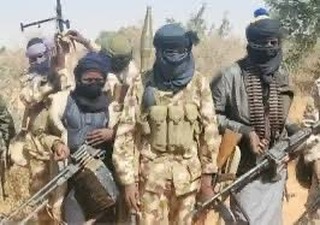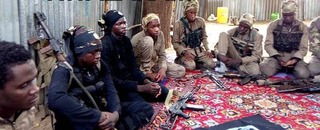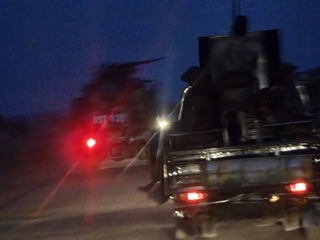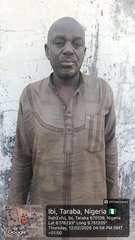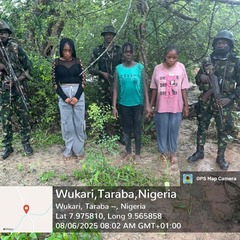Niger in Crisis: Mounting Insecurity and Economic Collapse Under Junta Rule
Niger is at a critical juncture, torn between the military junta’s facade of resilience and the grim realities on the ground. While the ruling authorities attempt to project strength, the country is spiraling deeper into chaos, insecurity, and economic ruin. Populism and propaganda have replaced effective governance, leaving Nigeriens to grapple with an uncertain and increasingly dire future.
The security situation has deteriorated to alarming levels. In recent days, a series of attacks by terrorist groups has exposed the fragile state of national defense.
February 19, 2025: Tilabéri Region: The Islamic State in the Greater Sahel (EIGS) ambushed a military unit in Sakoira, killing six soldiers and capturing one. The captured soldier later appeared in the group’s propaganda material.
February 27, 2025: Dosso Region: JNIM militants attacked a police station in Tanya-Gaya, setting fire to the building and vehicles. Security forces abandoned their posts without resistance, allowing the assailants to operate freely.
February 28, 2025: Agadez Region: A heavily armed JNIM force launched an early morning assault on a security position in Ekadé, near Inanbagarett, close to the Algerian border. The attackers, arriving in eight vehicles, killed 15 soldiers, captured five, and seized military equipment, including three vehicles and a significant stockpile of weapons. The group later claimed responsibility and circulated images online to prove their success.
The growing presence of extremist groups in Niger’s north an area previously less affected by jihadist violence marks a worrying shift. Yet, instead of confronting the crisis, the ruling junta remains silent, refusing to acknowledge the mounting losses and the erosion of state control.
Despite the escalating violence, Niger’s military rulers appear more preoccupied with maintaining power than addressing the suffering of their people. There has been no official statement, no condolences for the families of fallen soldiers, and no reassurances for a nation gripped by fear. Instead, the government has focused on suppressing dissent, avoiding accountability, and engaging in performative patriotism.
Since General Abdourahamane Tiani seized power, casualty figures have either been concealed or downplayed, obscuring the true extent of the security crisis. Soldiers sent to the frontlines lack clear strategic direction, adequate support, or proper equipment, making them vulnerable to increasingly sophisticated militant attacks.
As if insecurity were not enough, Niger’s economy is also in freefall. With traditional revenue streams drying up, the junta has resorted to desperate measures forcing ordinary citizens to finance the so-called "rebuilding" of the country.
A particularly disturbing example occurred recently at the outskirts of Niamey, where passengers aboard an STM bus were forcibly solicited for money by Interior Ministry officers. Under the guise of a “national solidarity operation,” travelers were compelled to hand over 100–200 FCFA each. This state-sponsored extortion is a humiliating display of the regime’s failure, forcing citizens to finance a government that has done little to ensure their safety or well-being.
One elderly passenger summed up the nation’s frustration, exclaiming: “Ikon Allah! Refoundation, what are you looking for? Refoundation, you are stupid!”
The junta, overwhelmed by a crisis of its own making, is losing its grip. Plagued by corruption, incompetence, and a failure to secure the country, it now rules through fear, propaganda, and financial coercion. The security forces are stretched thin, deployed without strategy, while Niger’s citizens endure worsening poverty and lawlessness.
The recent attacks in Agadez, Dosso, and Tilabéri illustrate the extent to which extremist groups are exploiting the power vacuum. The government’s failure to respond decisively has emboldened them further, making Niger one of the most vulnerable states in the Sahel.
At this rate, Niger risks becoming ungovernable, its state institutions paralyzed by mismanagement and a security apparatus unable to protect its people. While the junta clings to power, the country sinks deeper into uncertainty its people left to navigate the storm on their own.

